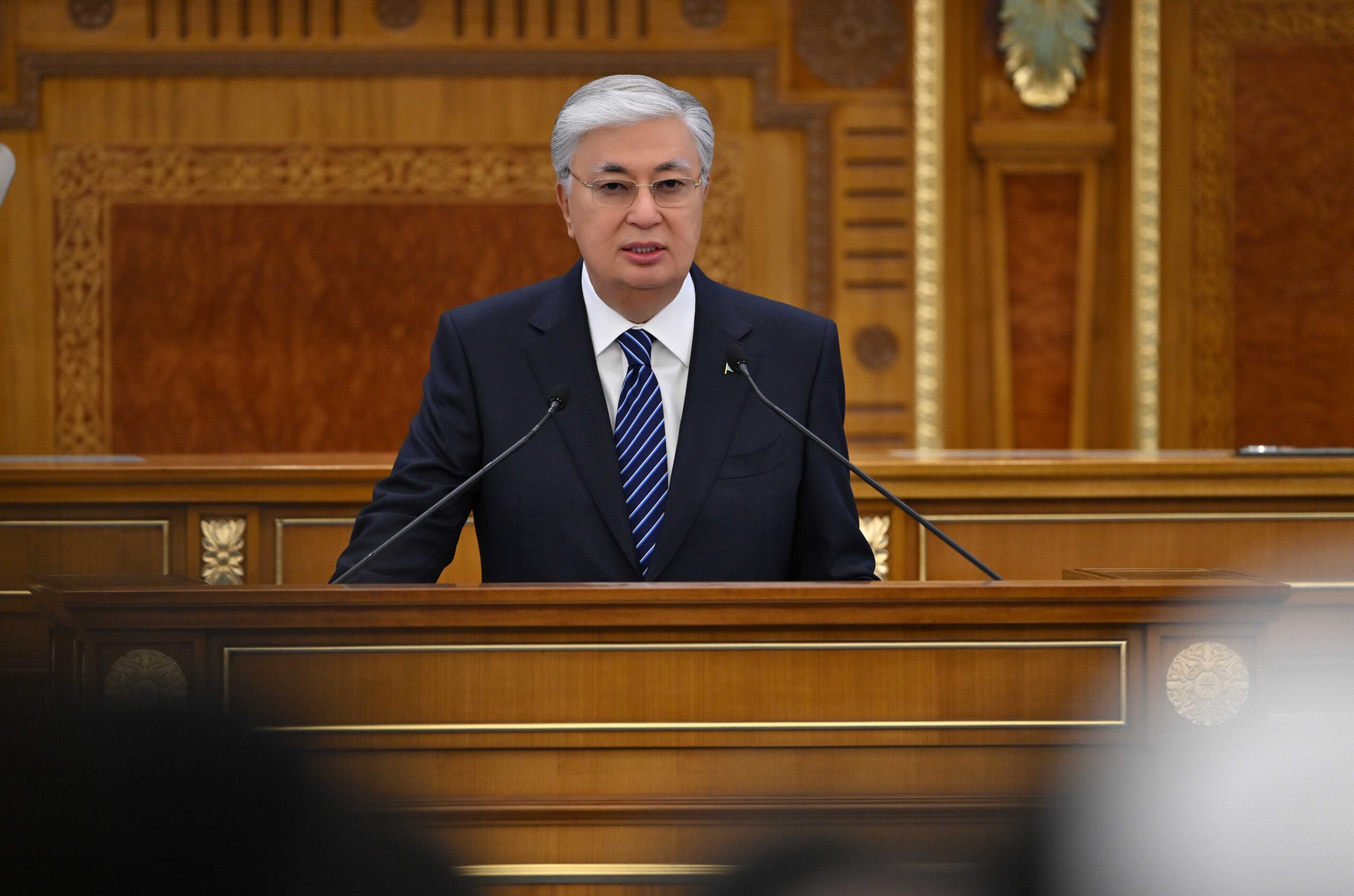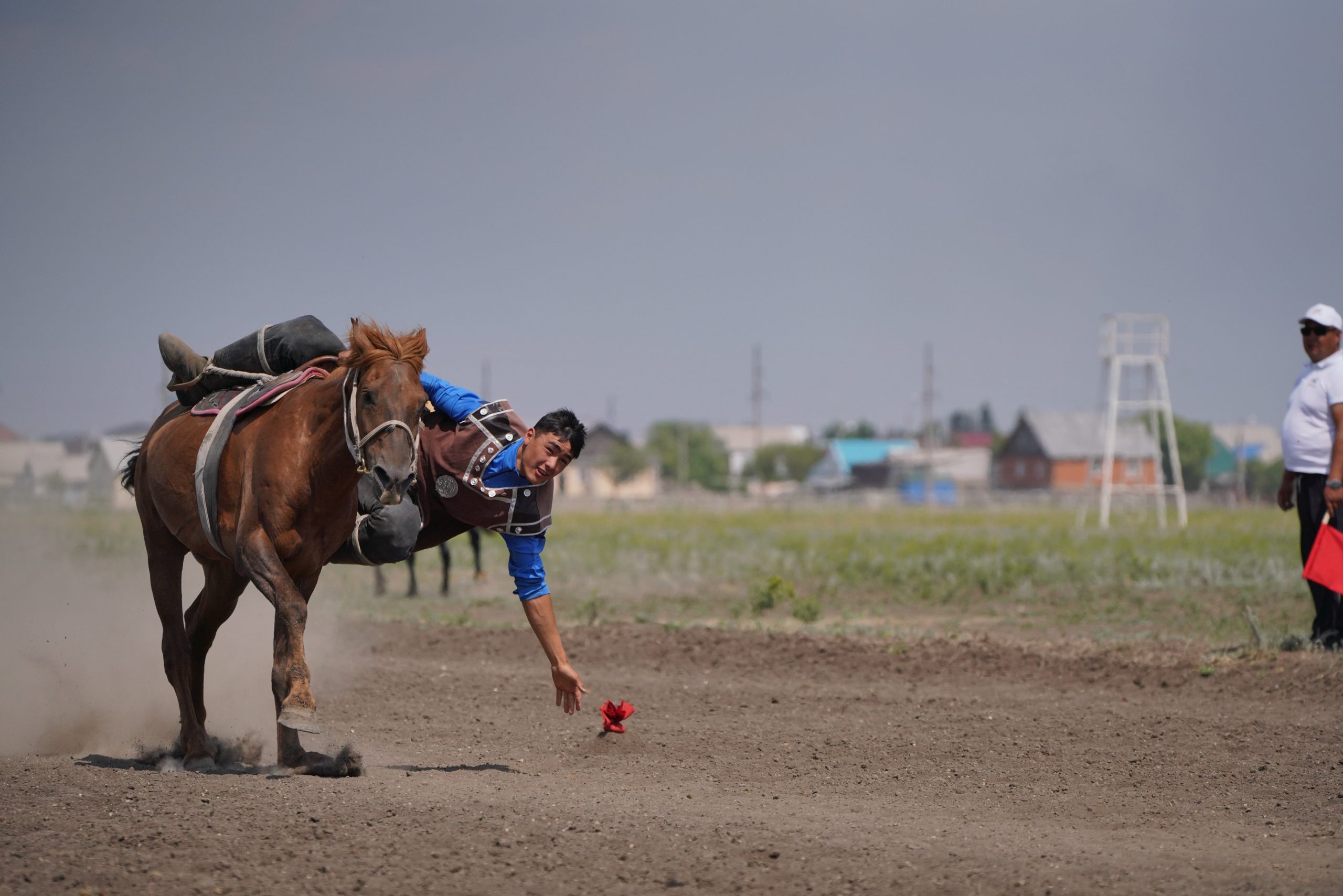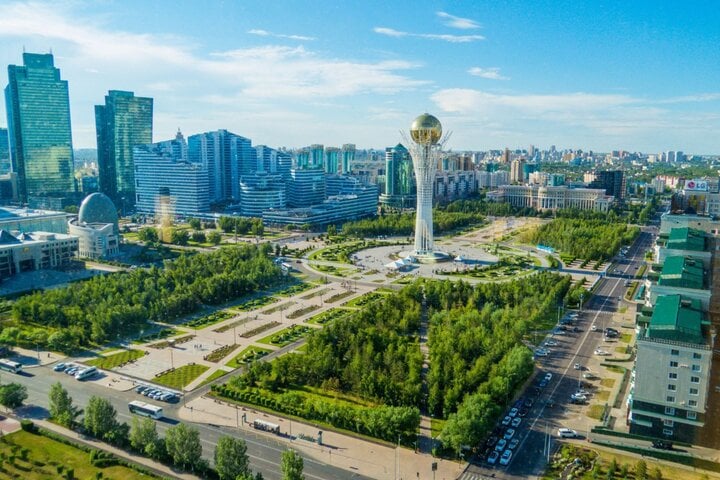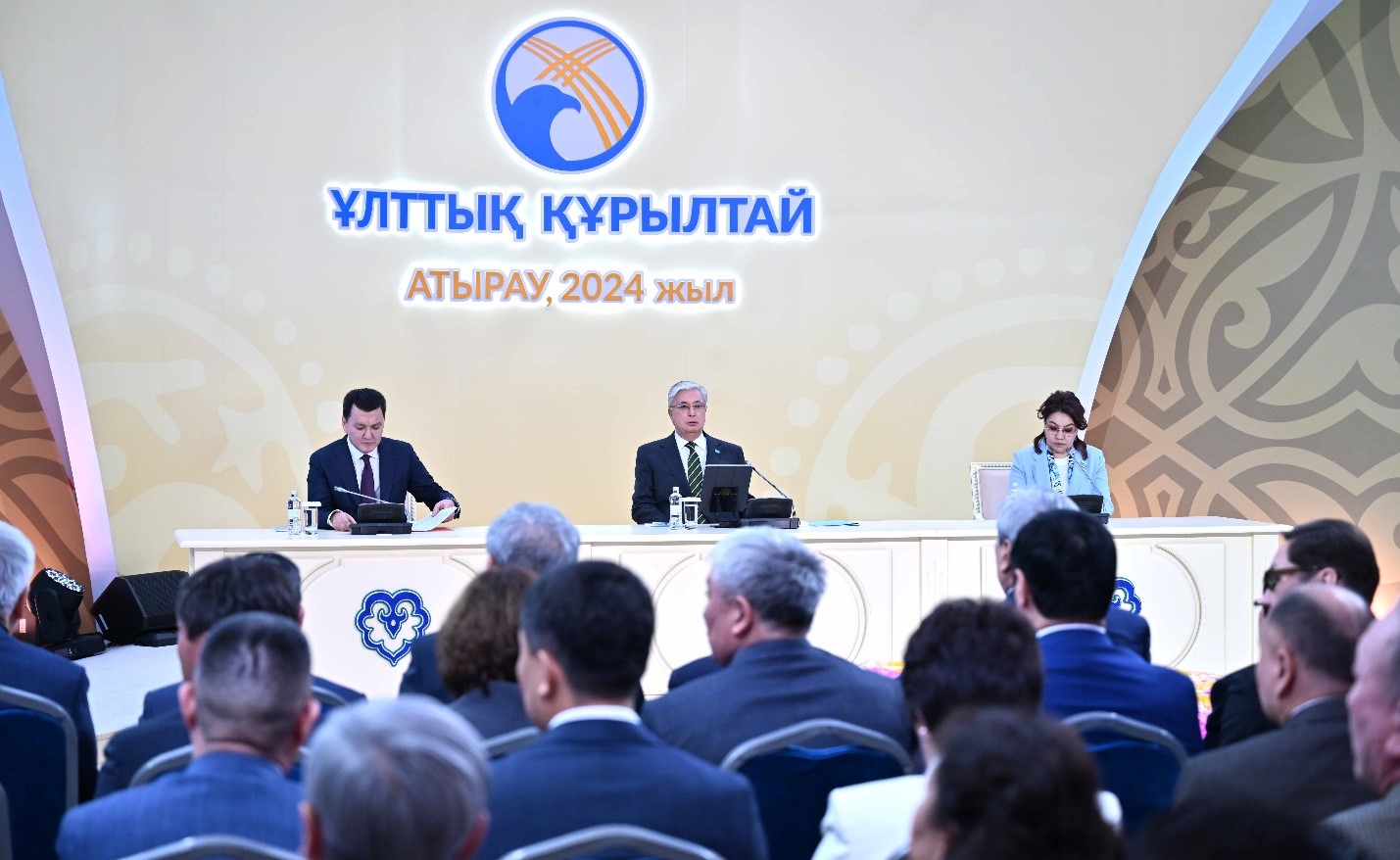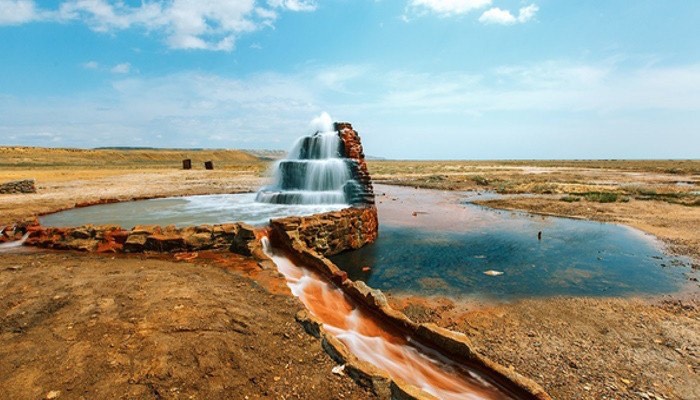ECONOMIC REFORMS IN KAZAKHSTAN
ECONOMIC REFORMS IN KAZAKHSTAN
In his Message to the People of Kazakhstan on September 1, 2023, President Tokayev presented his plan for transition to a new economic model, which includes further reduction of monopolies and diversification of the economy.
President Tokayev emphasized the transition to a new economic model, prioritizing fairness, inclusion and pragmatism. In 2023, the country’s economy grew by 5.1%, and GDP per capita increased from $11,500 to $13,300.
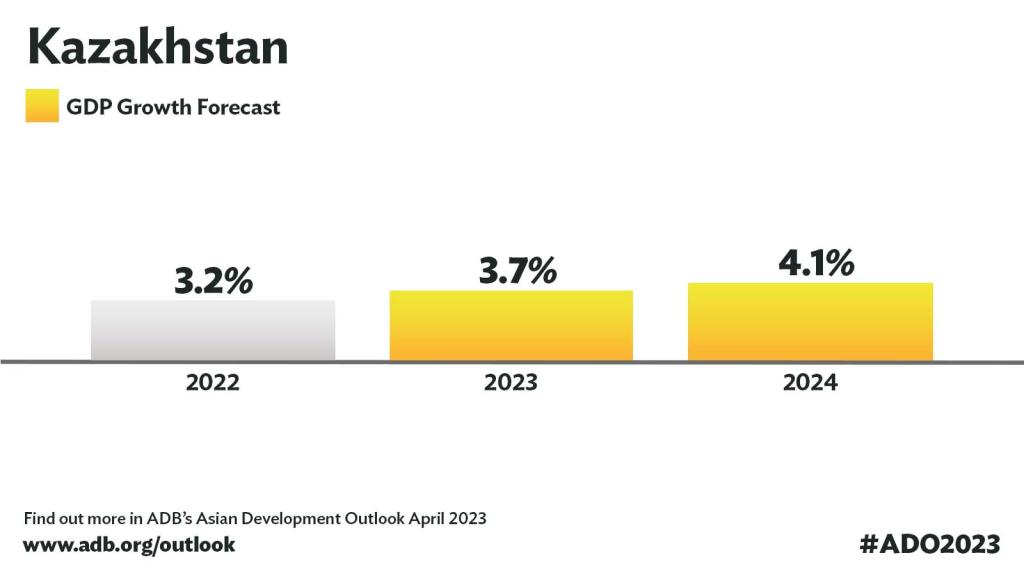
The country places special emphasis on industrial and economic autonomy, especially on developing the manufacturing sector and diversifying the economy. The goal is to reduce dependence on imports and create highly efficient industrial clusters in different industries.
Supporting small and medium enterprises (SMEs) is also a priority task. Reforms have been implemented to create a more favorable business environment for small and medium-sized enterprises. These reforms include removing administrative barriers, simplifying tax laws and improving the business environment. From March 1, 2023, young entrepreneurs are offered micro-loans with an annual interest rate of 2.5% through the Agricultural Credit Institution.
With the goal of creating jobs for more than 3.3 million citizens by 2029, Kazakhstan is working to create 450,000 new jobs, including 200,000 (44%) for young people. To liberalize labor laws and develop new forms of employment (such as teleworking, flexible working hours and part-time) appropriate amendments have been made starting from July 1st, 2023.
From January 1st, 2023, 50% of the annual income from National Fund investments is allocated to special savings accounts for children. When you turn 18, this money can be used to buy a house or for educational purposes. The National Foundation aims to provide children with the opportunity to attend university in the country and abroad.
During the period of 2022-2023, Kazakhstan attracted 41.3 billion USD in foreign direct investment. The goal is to attract 150 billion USD within 7 years from 2022 to 2029.
Kazakhstan aims to reduce its underground economy to 15% of GDP by 2025 to reach the level of OECD countries. In 2022, the country’s underground economic activity accounts for about 18.7% of its GDP, lower than the target of 19.9%. The Comprehensive Action Plan to combat the underground economy during 2023-2025 has been updated.
The President has signed the Law on Restitution of Illegally Appropriated Property. This law will allow the transfer of confiscated assets to the Special State Fund, which will be used to finance socio-economic projects. The Committee on the Return of Illegally Appropriated State Assets, headed by the Prime Minister, has been established. To date, assets worth about 1 trillion tenge have been returned to the state, including about $600 million in assets recovered from abroad.
A new Tax Code is being developed and has received approximately 1,000 proposals from experts, economists and business community representatives. In addition, the application of special consumption tax on luxury goods is also being considered.
Kazakhstan plays an important role as a vital link in transit traffic between Asia and Europe. Freight transport through the Trans-Caspian International Transport Route (Middle Corridor) increased to 274,200 tons in January this year, an increase of 147% compared to January 2023 statistics. In 2023, the volume of goods transported through this corridor have reached 2.76 million tons, which is an increase of 65% compared to 2022. The goal is to reach an annual transport capacity of 10 million tons by 2027.
